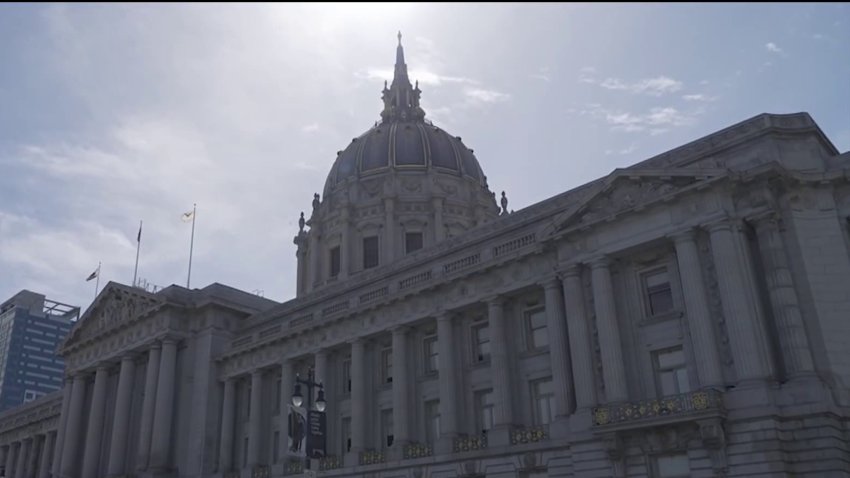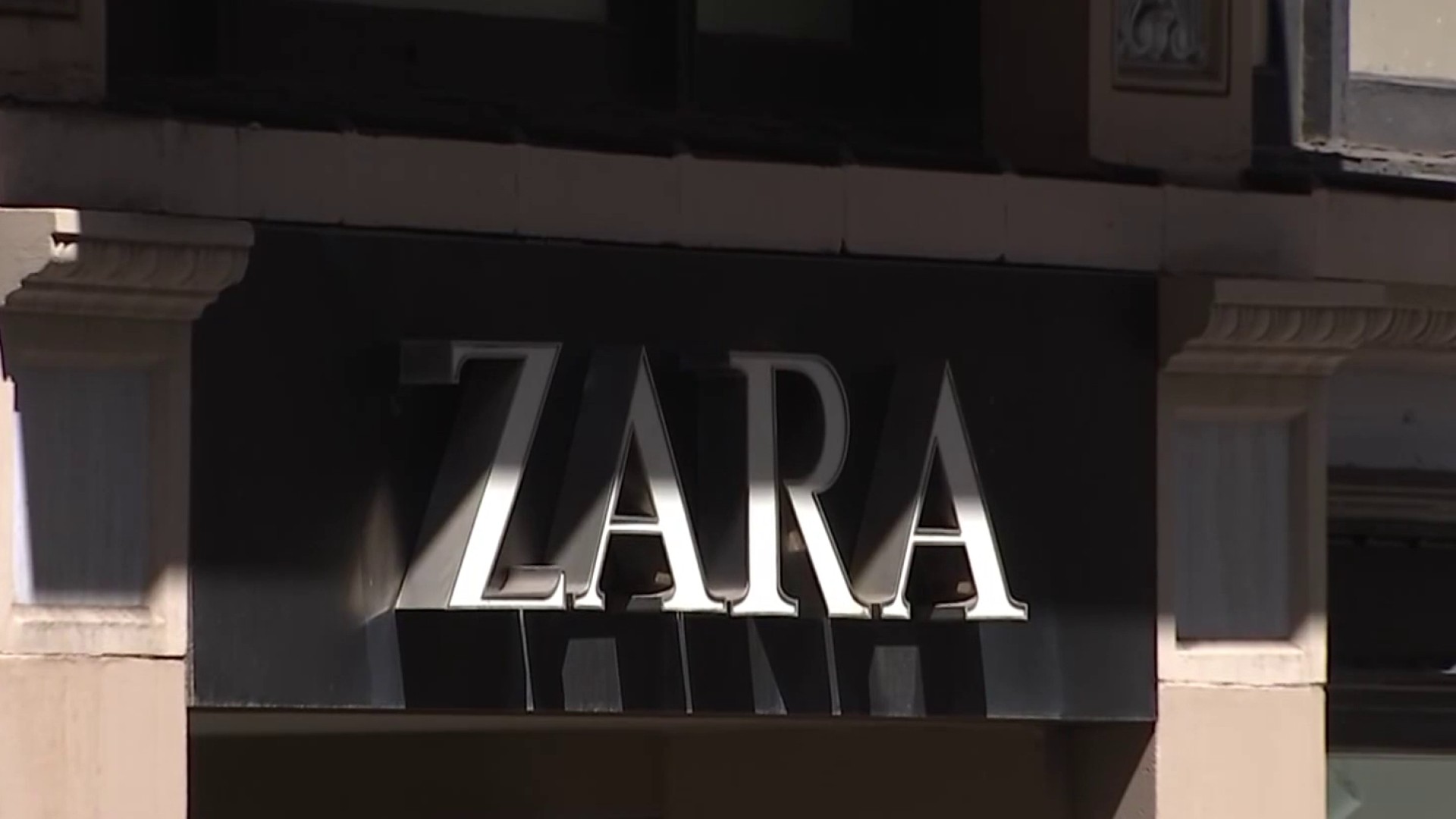A program offering free legal representation to low-income San Franciscans could soon fall victim to looming budget cuts and the city’s sluggish post-Covid economic recovery. Bigad Shaban reports.
A program offering free legal representation to low-income San Franciscans could soon fall victim to looming budget cuts and the city’s sluggish post-Covid economic recovery.
Slow financial recovery post-Covid forces San Francisco to make deep cuts
Watch NBC Bay Area News free wherever you are
As city department heads look to slash costs at the direction of Mayor Daniel Lurie, San Francisco’s General Civil Legal Services program has been flagged for potential elimination, according to a letter sent to legal aid groups from the Mayor’s Office of Housing and Community Development (MOHCD).
“Due to budget constraints and funding reprioritization, MOHCD made the difficult decision to discontinue funding,” the letter noted.

The program, which served more than 2,600 people last year at a cost of $4.2 million, funds pro-bono legal representation for a wide range of issues in civil court, including family law, discrimination, and habitability complaints. Advocates say, in most cases, their clients would be unlikely to prevail on their own without the help of city-funded attorneys.
The city also pays for separate legal services programs focusing on eviction defense, gender-based violence, and immigration services. But so far, there’s no indication the existence of those programs will be impacted by the recommended cuts. Funding for General Legal Services funding is designed to offer free legal help for any issues that don’t fall within those three other specific categories.

This isn’t just cuts -- this is the elimination of the entire program category.
Adrian Tirtanadi, founder and Executive Director of Open Door Legal
Get a weekly recap of the latest San Francisco Bay Area housing news with the Housing Deconstructed newsletter.
“This isn’t just cuts,” said Adrian Tirtanadi, the founder and Executive Director of Open Door Legal, one of 13 San Francisco legal aid nonprofits funded by the program. “This is the elimination of the entire program category.”
Open Door Legal was among the groups who received the city’s letter announcing the proposed cuts due to “budget constraints and funding reprioritization.”
“The ramifications are catastrophic,” Tirtanadi said. “There will be nowhere for low-income people in San Francisco to get legal assistance on these matters.”

San Francisco native Sienna Dunn turned to Open Door Legal and the city's Civil Legal Services program when her ex-partner stopped supporting her and her two children financially. The single mother was at risk of losing the apartment she’s lived in for more than two decades but says she “failed miserably” when she tried taking her financial fight to court by herself.
“It’s extremely challenging for somebody who doesn’t have the legal background in order to understand all the pertinent information that’s needed in order for it to actually go before a judge,” said Dunn, a supervisor in the city’s transportation department.
Once Open Door Legal intervened, however, Dunn said her attorney was able to get a judge to order monthly child support payments within just a few weeks of taking on the case.
“I would have been evicted,” Dunn said. “I had paperwork that was in the process.”
City moves forward to eliminate program, but not yet a done deal
Tirtanadi is now trying to convince city officials that cutting the Civil Legal Services program will wind up costing the city a lot more in the long run if people like Dunn lose their homes over legal struggles they can’t overcome themselves.
The decision to cut the program will ultimately come down to whether Mayor Daniel Lurie follows the advice of his department when presenting his full city budget in June.
As of now, Lurie said he hasn’t made any decisions.
“There are lots of recommendations out there right now and we are in the process of working with our department heads,” Lurie said. “This is an ongoing negotiation.”
San Francisco Supervisor Rafael Mandelman said the city’s budget predicament is forcing city leaders to make painful choices that will ultimately hurt San Franciscans.
“We’re going to see many more cuts that should not be made and that we do not want to make,” Mandelman said. “We also have to balance our budget.”
We’re going to see many more cuts that should not be made and that we do not want to make.
Rafael Mandelman, president of the San Francisco Board of Supervisors

What pushed the city into these dire financial conditions?
The number of tourists visiting San Francisco last year was still down by about 3 million people compared to pre-Covid. In addition, parts of downtown remain shuttered.
“You may recall there was a pandemic, and San Francisco has had among the slowest recoveries of any significant American city,” Mandelman explained.
Before the pandemic, San Francisco’s office vacancy rate was the lowest in the nation, at roughly 4 percent. Today, about 37 percent of office space remains empty.
The city is now projecting a budget shortfall in excess of $800 million over the next two years.
While city leaders have tough choices ahead, it’s residents like Dunn who could feel the impact most directly. She hopes the reduction in city services won’t force native San Franciscans like her out of the city.
“Being a native of San Francisco is like finding a needle in a haystack these days,” Dunn said. “So, for people to be able to stay and raise a family here, I think it not only does the city a benefit, but it does the family one as well.”
Contact The Investigative Unit
submit tips | 1-888-996-TIPS | e-mail Bigad




